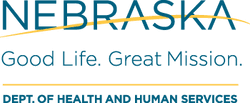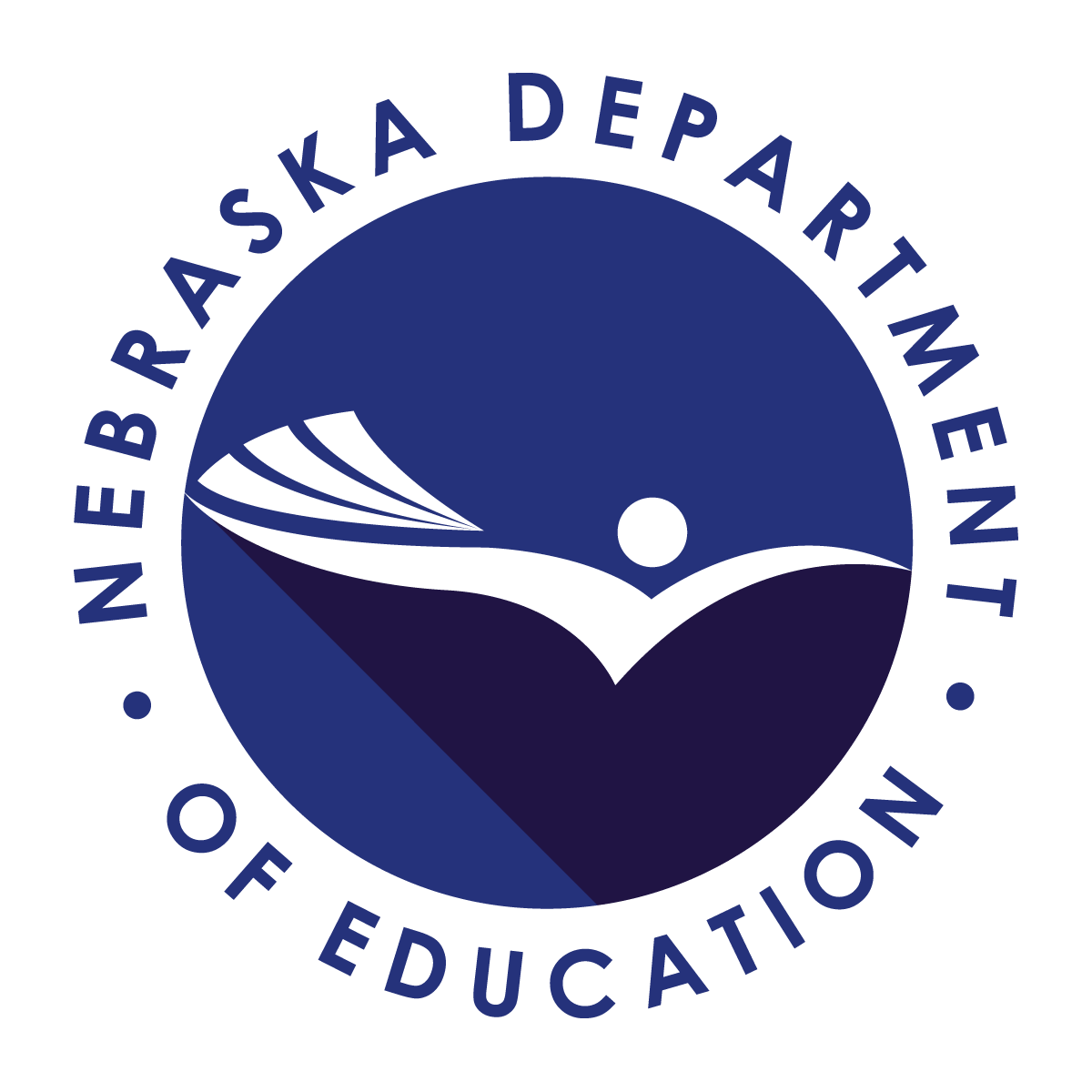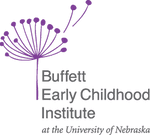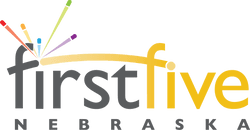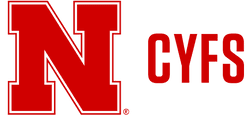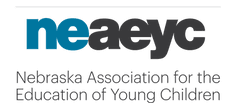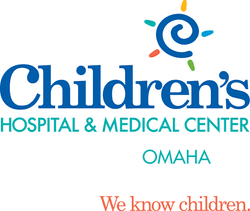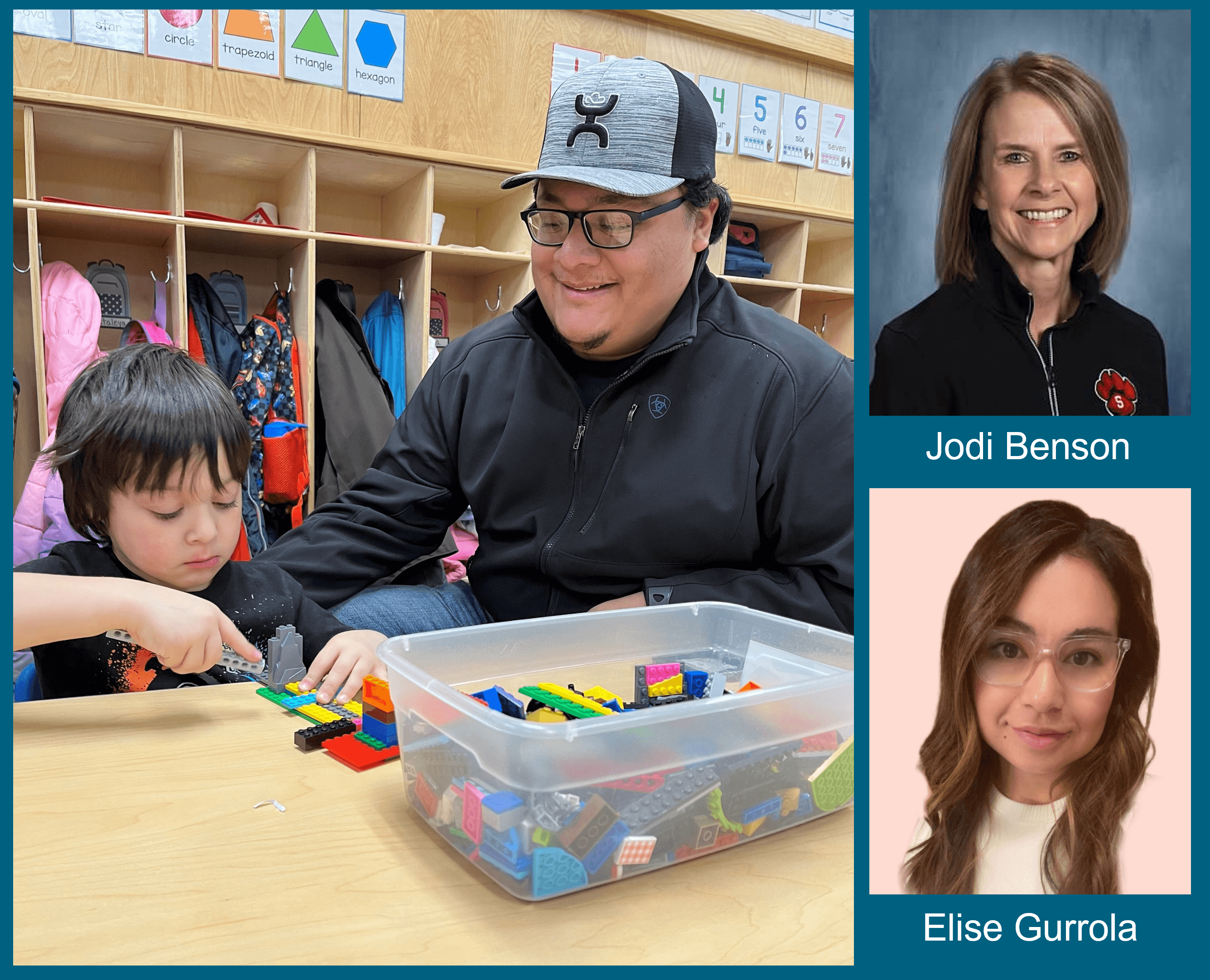
Jodi Benson, the principal of Bear Cub Preschool in Scottsbluff, asked a question of her staff at a recent teacher development day: “What is the one thing you want to make sure we focus on and talk about today?” The answer she got was surprising. The development day was part of a post-covid effort to bring parents back into environment of the school. The isolation of covid had kept parents out of the mix and the development session aimed to find ways to change that.
Conversations included talk of engaging with families at pick up and drop off, of sending emails. And then Jodi posed her question. The surprise was her staff’s desire to focus on parent-teacher conferences, which are usually seen as exhausting nights of dispensing information. But the energy on this day was different and one response stood out. Elise Gurrola, a head teacher at Bear Cub said she had been energized by conferences rather than feeling drained. So what had changed?
Benson has spent 32 years working in the school district, 18 of which have been as an administrator, and oversees all early childhood programs, including 8 preschool classrooms, a Head Start partnership, and a Sixpence Home Visit program. She had attended a Getting Ready webinar, a program housed at UNL in the Nebraska Center for Research on Children, Youth, Families & Schools. She liked the research-based, systematic approach and brought the Getting Ready video to her staff, asking for volunteers to start the training.
Bear Cub Preschool is a Scottsbluff public school program housed at Roosevelt Elementary School with another location between the middle school and high school. In the five years that Benson has been principal, she has seen the preschool double in size. Last year, the school added 2 new classrooms thanks to a Nebraska Department of Education expansion grant, and current enrollment is 170 students, 46 of whom are Head Start students. But for all its growth the school had been impacted by covid. “Their had not been a lot of contact with families during covid lockdown,” Benson said. So it was clear to her when she joined a PreK-3 Leadership Cadre that the Capstone project she would undertake would be focused on improving family engagement.
When she encountered Getting Ready, she said she thought, this is perfect. “We didn’t have a system in place for family engagement,” she said. So she and 3 faculty members, including Gurrola, began the Tier 3 Getting Ready Family Engagement and Coaching Series. Tammi Hechtner, Project Coordinator of Getting Ready, describes Tier 3 as “the complete Getting Ready Approach package and focuses on fundamental strategies for building parent collaborative partnerships and family engagement during daily/yearly opportunities but also focuses on the Getting Ready GUIDE process used during structured contacts educators have with families during the parent-teacher conferences and home visits.” The group began training in September of 2022, with Benson training as an administrator, 2 teachers beginning to implement the training, and Gurrola already including training in her curriculum.
Benson said the training has shifted the way she and her faculty think about family engagement. Rather than just the typical family night, they have begun to focus on facilitating how parents make connections with their children and on working as teacher-parent teams to establish strong parent-teacher-child relationships. Gurrola, who has been an educator for 18 years and a lead teacher for 10 years, had felt she had plenty of “parent tools,” but commented on how Getting Ready “opened my eyes to a whole different set of skills.” Benson offered an example where Gurrola invited parents to visit her classroom, but rather than sit with them and dispense observations about the child, she encouraged parents to engage in activities with their children while she chatted with them. This gave parents valuable opportunities to spend quality time with their children and, as Benson put it, “helped them open up.” Rather than putting parents on the defensive by noting classroom behavior, these interactive moments allowed the parents to make their own observations about their children’s struggles and successes. Benson said such moments encourage educators to “approach experience through their (the parents’) lens rather than ours.” These strategies the Bear Cub group has employed from Getting Ready training create vital family partnerships that bring parents more integrally into the process, and, as Benson puts it, “When we connect and team, great things happen.”
Gurrola describes the Getting Ready process as more interactive. “It’s not just offering information; you’re a team,” she says of the connection between families and educators. She adds, “parents’ thoughts matter. It puts some of the responsibility on them.” This team building process “brings out the strength of the child and the parent(s).” The Getting Ready guidelines are being offered to all families, but as a test case of the training, Gurrola is working closely with two families on the more detailed strategies involved. She and her parents begin by setting goals for the child, which could be developmental milestones like potty training or communication, behavioral goals such as trying new foods or playing with a peer, or educational goals like counting and listening to stories.
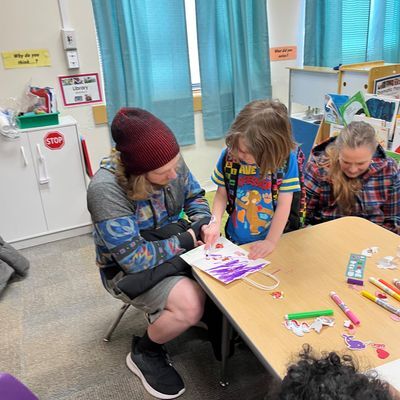
She has established clear communications channels and said that she and her parents often send pictures back and forth where the children are engaged in developmental activities. In March she conducted her first home visits with the families at which one mother said, “I’ve never had anybody validate my concerns like you did. We developed this plan!” Benson provides a similar empowering moment for a parent. She had been in an Individual Education Plan (IEP) meeting and told the parent what a good job she was doing with the child. Benson said, “our parents don’t hear enough that they’re doing a good job,” and in this case the impact of the validation was obvious. The mother began to cry and said she’d never been told she was doing a good job.
Gurrola says that Getting Ready has helped make connections in deeper ways with her families and her children. She adds that it sets expectations for first time families that encourage them to get involved. And the impact on the families has been equally powerful. One mother said, “I feel valued as a parent because you listen to me and we work together to solve the issues my child deals with.” A father of an autistic child with whom Gurrola worked offered, “I never imagined my child would be able to function in a classroom all day long.” Previously the child had not been able to stay in a half-day class. The father later added, “I never thought my child would do the things he is doing. It helps when you encourage us and we work together.”
The Getting Ready approach has helped Benson and Gurrola establish a straightforward and systematic approach to family engagement that they would like to see grow. Gurrola says she is limited by time as to how many families she can work with and would like to see more teachers involved. She offers as encouragement to those who might, “the Getting Ready staff is wonderful. They have so much knowledge for training in family engagement.” Benson says she appreciates having the Getting Ready coaches on hand to keep them honest and loves to see the pride the training instills in teachers like Gurrola. She would like to see the approach extended to the elementary school as the program expands. It is clear that Getting Ready has made a lasting impact at Bear Cub Preschool in building the family-educator partnerships that lead to quality care and education for Scottsbluff children.


